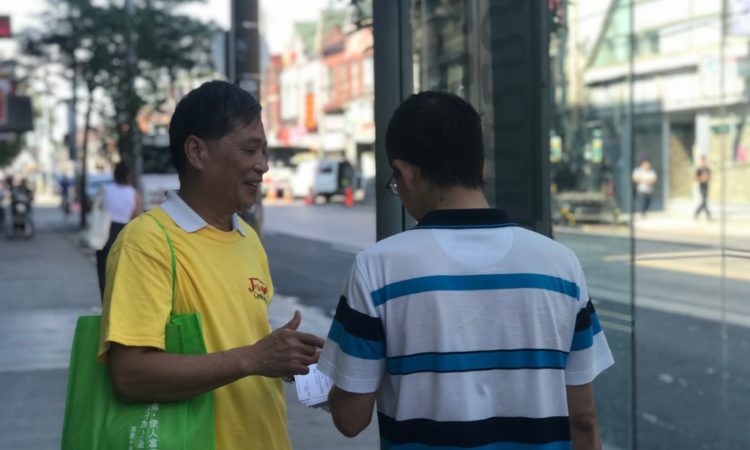Xiaobing 2022-05
Views on Education
The views on the education of mainland Chinese immigrants to North America have changed and developed over time. On the one hand, they continue to be influenced by the view from the mainland. But on the other, they absorb the North American idea inevitably. Evangelization to these immigrants from the mainland is the aim of this short article, through understanding of their views on education, especially those parents who have adolescence or younger children, in the 30-50-year-old age group. In addition, understanding the education that international students from the mainland have received can help us establish a better channel for communication with them.
The first to consider is the purpose of education, that is, its value. Since 1949, the view on education in mainland China has undergone tremendous changes. However, it is still said to attach importance to tradition. After decades of cultural transformation, reform, reopening up, and the one-sided pursuit of economy, money, and status, the purpose of education often revolves around putting the next generation in a favorable position in society. Competing for work comes the slogan “don’t let your child fail at the starting line.” like an athlete. This concept is also widespread among the immigrants because they know that they are in a foreign land, and they hope that through education, their children will have the capital (skills) to settle down and stand out in the future. Moreover, in the subconscious minds of the parents, children’s excellence and success in school and society are part of the success of themselves and their families. Parents don’t pay much attention to the holistic growth of their children’s bodies and minds, and they tend to ignore their children’s demands for self-awareness, positioning, and development. Although they want to learn from the North American education concepts, they do not truly understand or learn the philosophy behind the images resulting in not much success.
The parents’ view of education also determines that the focus should be on the children acquiring more knowledge and skills. So they pay special attention to academic performance and hope that the children can enter good schools at all levels. International students also know that their parents have spent a lot of money to send them abroad to study. Therefore, if their report cards are below expectations, they may become distressedand frustrated, and eventually give up.
Parents place less emphasis on building a harmonious relationship with their children than on learning and performance. They invest very little time and energy in teaching their children’s worldview, life view, and values. They believe that giving their children materials is more critical and knowledge is learned naturally in school. But they do not anticipate that their three views (worldviews, life’s perspectives, and personal values) will differ from their own when their children grow up.
After arriving in North America, the methodology of the Chinese immigrants has also improved somewhat. There is relatively less on forcing the children, but more on encouragement, inducement, and companionship. However, there still exist two stereotypes. One is the babysitter type. As long as the children are willing to learn, the parents will go all out to accompany them, and the children will not need to worry about anything. They are like flowers in the greenhouse. The other stereotype is the free-range type. The parents themselves are busy with work and businesses. They have no time to take care of their children. They do not give them any pressure, and they turn a blind eye to their bad behavior—a misinterpretation of the North American concepts of education.
The views on education among mainland immigrants have caused a lot of problems. From time to time, we hear about suicides of Chinese students in certain universities. More often than not, many children are depressed, and they develop adversarial relationships with their parents. The pandemic only makes the problems worse. Brothers and sisters, I sincerely hope that, by applying the values from the Bible, you can help those young immigrant parents around you regarding the views on education, and you can help those international students you know regarding learning and growth.

